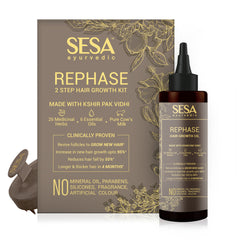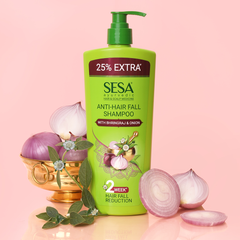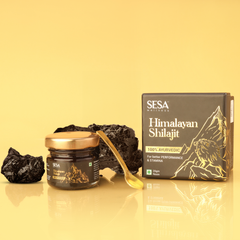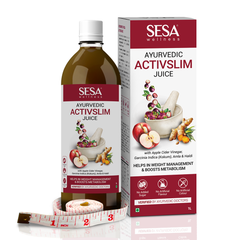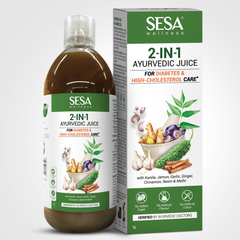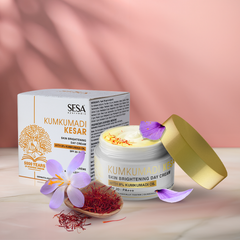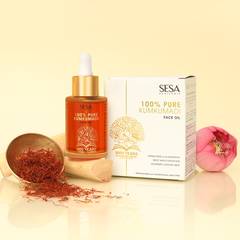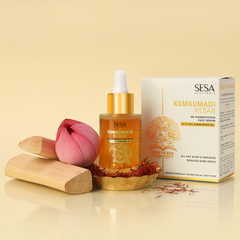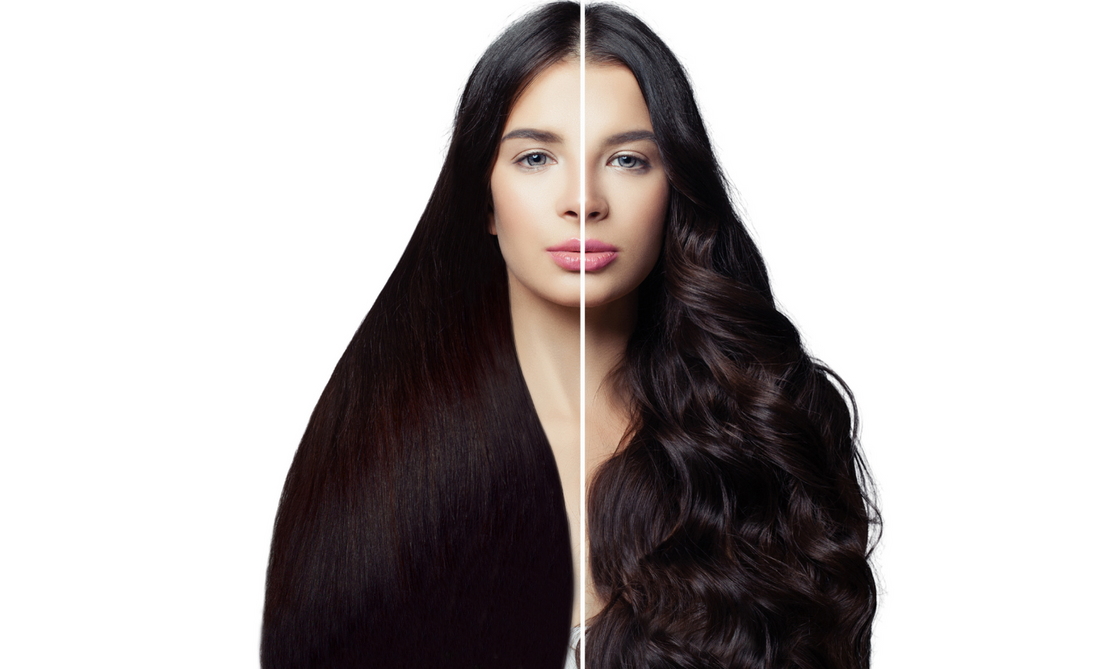Ayurveda, the ancient Indian system of medicine, recognizes that each individual has a unique hair type that requires specific care. By understanding your hair type, you can take better care of your hair and keep it healthy and vibrant. In this blog, we will explore the three hair types recognized in Ayurveda - Vata, Pitta, and Kapha - and their unique characteristics.
Vata Hair Type
Vata hair is typically dry, thin, and brittle. It tends to be frizzy and can easily get tangled. Vata hair is often characterized by split ends and a lack of luster. People with Vata hair tend to have a delicate scalp that is easily irritated.
To care for Vata hair, it is essential to nourish and hydrate it regularly. Using a natural oil like coconut or sesame oil can help prevent dryness and damage. Massaging the scalp with oil can also stimulate hair growth and reduce hair fall. It is also essential to avoid harsh chemicals and heat styling tools that can further damage already fragile hair.
In addition to oiling, using natural hair masks can help nourish and strengthen Vata hair. A hair mask made with honey and yogurt can help hydrate and moisturize dry hair, while a mask made with henna can help improve the texture and shine of the hair.
Pitta Hair Type
Pitta hair is typically fine, straight, and silky. It is more prone to premature graying and hair loss. Pitta hair is characterized by a medium texture and a tendency towards oiliness. People with Pitta hair tend to have a sensitive scalp that is easily irritated.
To care for Pitta hair, it is essential to balance the excess heat in the scalp. Cooling and soothing herbs like Aloe Vera and Brahmi can help keep the scalp healthy and reduce inflammation. Aloe Vera can also help reduce oiliness and promote hair growth. Using natural hair care products that are free from harsh chemicals and sulfates can also help keep Pitta hair healthy and vibrant.
In addition to using natural hair care products, a healthy diet can also help support Pitta hair. Eating cooling foods like cucumber, watermelon, and coconut can help balance the excess heat in the scalp and promote healthy hair growth.
Kapha Hair Type
Kapha hair is typically thick, wavy, and strong. It tends to be oily and can easily get weighed down. Kapha hair is characterized by a high level of natural oiliness and a tendency towards dandruff. People with Kapha hair tend to have a robust scalp that is less prone to irritation.
To care for Kapha hair, it is essential to balance the excess oiliness in the scalp. Using natural astringents like lemon juice and apple cider vinegar can help reduce oiliness and prevent dandruff. Brahmi and Aloe Vera can also help regulate oil production in the scalp.
In addition to using natural ingredients, it is essential to avoid heavy conditioners and hair products that can weigh down the hair. Washing the hair regularly with a mild shampoo can help keep Kapha hair healthy and vibrant.
Understanding your hair type is an essential part of maintaining healthy and vibrant hair. Ayurveda recognizes that each individual is unique and so are their hair needs. By identifying your hair type and understanding its characteristics, you can take better care of your hair and keep it looking its best.
In conclusion, Ayurveda provides a holistic approach to hair care that takes into account an individual's unique hair type and overall health. By incorporating Ayurvedic hair care practices into your daily routine, you can promote healthy hair growth and maintain beautiful, vibrant locks. Whether you have Vata, Pitta, or Kapha hair, there are natural remedies and techniques that can help you achieve your hair care goals. So, identify your hair type, adopt an Ayurvedic hair care routine, and enjoy the benefits of healthy, luscious hair!













